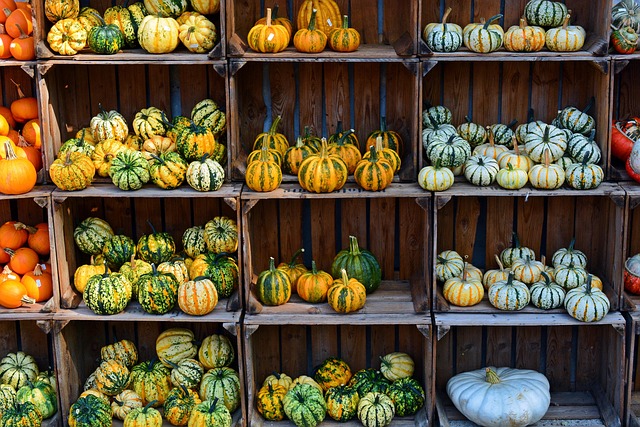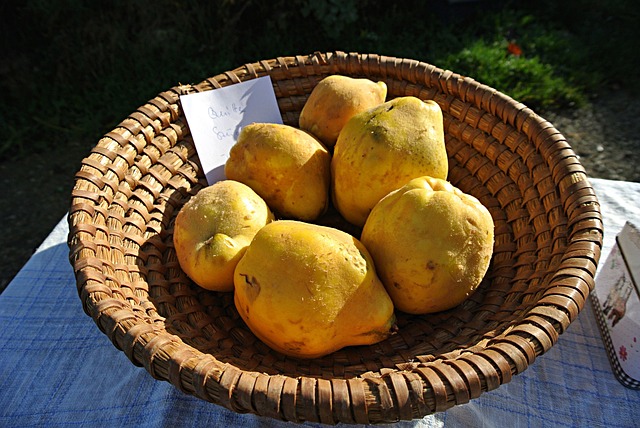Leaf collection and mulching are sustainable practices that transform yard waste into valuable resources, such as compost or mulch, which enrich soil, control weeds, prevent erosion, conserve water, and reduce landfill waste. Many communities offer dedicated services for leaf collection. Mulch, made from organic materials like wood chips or compost, conserves soil moisture, suppresses weeds, stabilizes soil temperature, and simplifies yard maintenance. Effective leaf management involves using proper tools (like a leaf vacuum or blower) and implementing structured processes for storage and recycling, contributing to Yard Waste Removal and Recycling while promoting healthier plants and a greener environment.
Looking for an eco-friendly solution to manage your yard waste? Leaf collection and mulching offer a sustainable approach to transforming autumnal leaves into valuable resources. This comprehensive guide explores the benefits and processes of these practices, highlighting their role in efficient yard waste removal and recycling. From understanding the basics to implementing effective strategies, learn how to make the most of fallen leaves and contribute to a greener environment.
- Understanding Leaf Collection and Mulching: Benefits and Processes
- The Role of Mulch in Yard Waste Management
- Effective Strategies for Efficient Leaf Collection and Recycling
Understanding Leaf Collection and Mulching: Benefits and Processes

Leaf collection and mulching are essential practices for maintaining a healthy yard while contributing to environmental sustainability. By understanding the benefits and processes involved, homeowners can effectively manage their yard waste removal and recycling efforts. Leaf collection refers to the systematic gathering of fallen leaves, which can be used for various purposes, such as creating compost or mulch. Mulching, on the other hand, involves applying a layer of organic material, like wood chips or shredded leaves, onto the soil surface.
This dual approach offers numerous advantages. Mulch enriches the soil with nutrients and moisture, suppressing weed growth, and moderating soil temperature. It also helps prevent erosion and improves overall soil structure. Leaf collection, when done responsibly, reduces yard waste sent to landfills, promoting recycling and environmental conservation. Many municipalities offer leaf collection services, allowing residents to dispose of their leaves efficiently while ensuring they are composted or recycled for beneficial use in local parks and public spaces.
The Role of Mulch in Yard Waste Management

Mulch plays a pivotal role in efficient yard waste management, offering both environmental benefits and aesthetic advantages. By integrating organic materials like wood chips, straw, or compost into landscaping, mulch acts as a natural barrier that retains soil moisture, reduces weed growth, and regulates soil temperature. This not only minimizes the need for frequent watering but also prevents the proliferation of unwanted plants, making yard maintenance more manageable.
Furthermore, the process of mulching facilitates the recycling of organic waste, which is a significant aspect of sustainable Yard Waste Removal and Recycling. Instead of sending these materials to landfills, where they contribute to greenhouse gas emissions, mulch provides an eco-friendly alternative by breaking down naturally over time, enriching soil fertility. This circular approach not only reduces environmental impact but also promotes healthier and more vibrant landscapes.
Effective Strategies for Efficient Leaf Collection and Recycling

Effective strategies for efficient leaf collection and recycling start with understanding the importance of proper management. First, investing in a high-quality leaf vacuum or blower can significantly streamline the process, especially for larger properties. These tools efficiently collect leaves while minimizing dispersal, reducing the time spent on clean-up.
Additionally, implementing a structured yard waste removal and recycling system is key. Designate specific areas for leaf storage and composting to facilitate efficient sorting. Recycling collected leaves into compost not only reduces waste but also enriches soil, promoting healthier lawn and garden growth. This sustainable approach not only saves time and resources but contributes to a greener environment.
Leaf collection and mulching are not only beneficial for yard waste management but also contribute to a healthier, more sustainable environment. By understanding the processes, harnessing the power of mulch, and implementing effective strategies, individuals can efficiently manage their yard waste while promoting ecological balance. Adopting these practices is a simple yet powerful way to reduce, reuse, and recycle, ensuring a cleaner and greener future for all.














